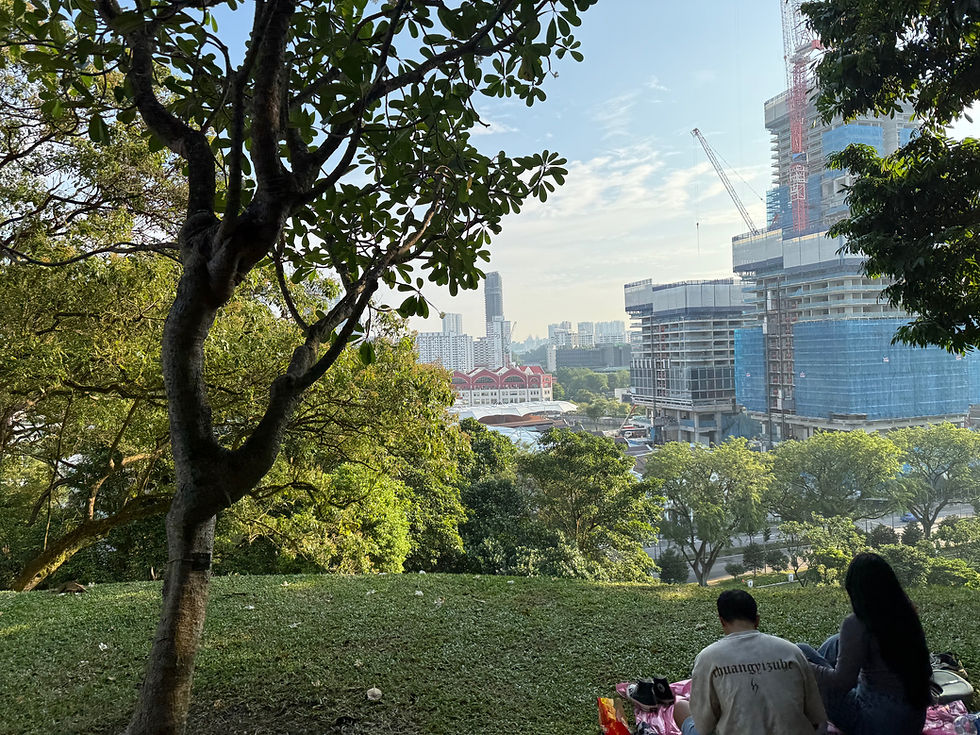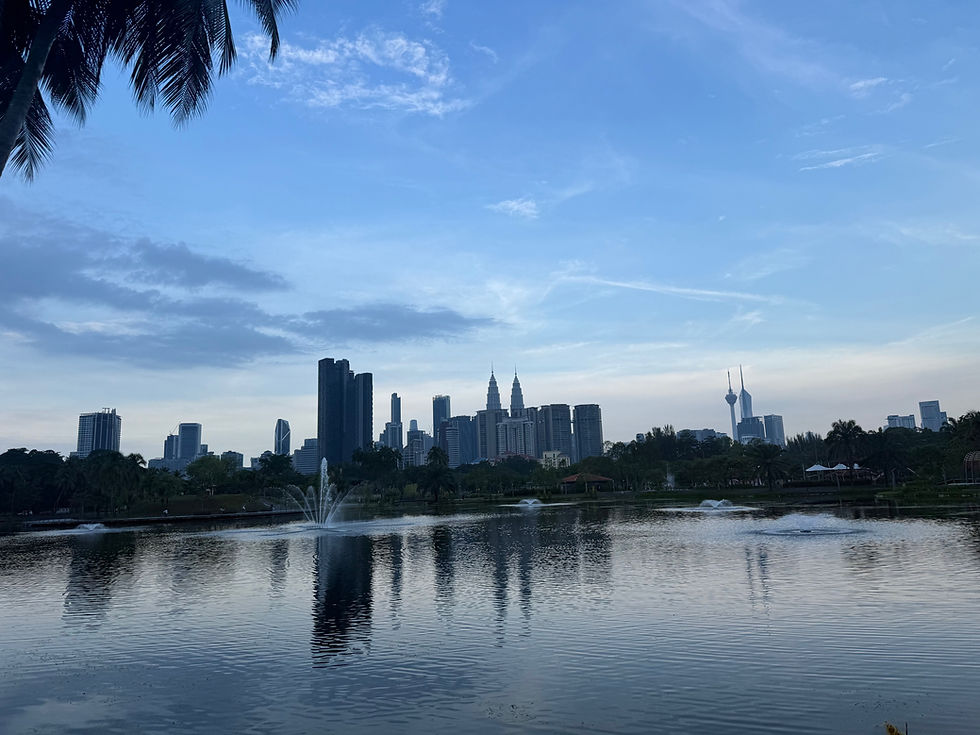South Africa's Politics: Progress or Perpetuity? PART ONE
- Nikola Ranick
- Mar 25, 2025
- 4 min read

As I enjoy exploring the historical nuances of progress (read: I am an asshole), South Africa always comes top of mind. YES it is a beautiful story of Democratic Liberation. NO, it is not comparable to the Israeli-Palestinian Conflict (hello, single nation-state?). YES, the well being of Black South Africans grew exponentially in early democratization, but the lines blur from there. It brings up the age old question: What happens after they all live happily ever after?
The answer, at least for South Africa, is a grueling stagnation on multiple fronts: Income, Desegregation, Equality, and Economic Distribution. Regional analysts often chalk the post-apartheid era into two halves: The first half, when the dreams of racial harmony and economic development hit every single note it was supposed to, and the second half, when the bitter realities of status, bureaucratic bloat, and corruption leveled further progress. This duality can be best understood via the graphic below:

Note the strong progress followed by intense tapering. This oversimplifies the many nuances to these statistics, but speaks true to the tepid nature of progress prevalent since (and likely in development before) the Great Financial Crisis. True, the right to vote is largely universal, an achievement of racial harmony that still makes some of the West pale in comparison. And Black South Africans, - all South Africans we would like to believe - are immeasurably better off in a post-Apartheid world than the previous one. But, as democracies consistently seem to show, the freedom of choice does not always translate to the freedom of quality options. And as economic systems prove, structural inequalities can and do manifest in other forms even when their initial dividers (in this case, race) are seemingly null and void.

First, democracy. Enter (and never leave) the African National Congress. Since the end of apartheid, this black liberation party has maintained a near incontestable grip on power, with majority after majority delivered in national elections regardless of performance. For some countries like Japan, a singular party in power can still prove dynamic through strategic factionalism and policy swings that react to public sentiment. Unfortunately, in South Africa, absolute power corrupts absolutely, and much of the party's leadership and bureaucracy has exploited their firm grip on the country. Tellingly, after serving just one term as President, Nelson Mandela passed the baton to ANC Senior Leadership, first with Thabo Mbeki, who failed to balance internal development with external open markets, and more damningly, resoundingly failed in coordinating and clarifying HIV/AIDS policy at a time when it was blowing up. To this day, South Africa retains some of the highest HIV Exposure rates in the world.
Things went downhill further with the successor to Mbeki, the unfortunately still politically relevant Jacob Zuma (more on that in Part 2). Name a stereotype for state despot and Zuma has done it. The state coffers have been looted, political patronage has been dispensed in a stereotypical developing-world fashion, and impunity has been so resolute that Zuma, to this day, has not repaid public tax dollars spent to build his personal palace #relatable. Even the more recent presidency of Cyril Ramaphosa, a moderate by any measures, has been married by overall political gridlock and Ramaphosa's own corruption scandal coming seemingly out of TV.

That this globally adored party of liberation has fallen into the crux of cronyism is not too uncommon; the same fate has befallen many liberation parties, from Africa to Southeast Asia. Just north do the democratic remains of Zimbabwe lie, with its ruling ZANU-PF party a shell for private interests as well as a conduit for economic malaise via a grotesquely disjointed land redistribution policy.
A similar land reallocation plan is now being considered in South Africa, and it is an equally horrible idea. The international response from the right, spearheaded by white South African and diamond-mine descendant Elon Musk, has trivialized this point by claiming a white genocide. But they are correct that the policy is bad for a country that long aspired to be something more.
Beyond land management, South Africa's economic outlook is equally grim. Though privy to widespread post COVID growth, the country is case-in-point that dynamically unequal systems can persist in newer forms. Take race: Though white South Africans still maintain the bulk of wealth and influence, their power has undeniably softened over the years on both an economic and cultural front. The White South African mindset exists at one of two extremes: Complete denial and disillusion of Apartheid's inequalities or an overly apologetic race-conscious ideology that makes American SJWs look like Republicans. Etiher way , the white population has further and further shrunk through both natural declines and mass exists to Europe and other regions.
To replace some, though not all, of these white elites are the very members of the ANC that powered its revolution. These urban elites, in mildly more elusive fashion than their white predecessors, fashion, hoard wealth and resources bestowed by the government and its many well intentioned though poorly administered redistribution plans. All the while, the best route to economic mobility for Black South Africans remains the professional government services, a staple of the black middle class notoriously bound to political patronage and bureaucratic bloat. Mix that all together and what you have is a transition from poor black and rich white people to poor black and white people and rich black and white people.

Is this progress? In a way, sure, but it is so much less than the lofty dreams that a post-apartheid envisioned, and, frankly, much less than an economic and social reality that could have been. If you couple this drudging stagnation with high crime, continual capital flight, and rolling power blackouts, it looks like the ANC's 'spread the wealth' mentality is only possible in fiction.
But its surely not that grim! Watch out for part two of this series where we delve into opposition parties and the current trajectory of South Africa's first ever Coalition Government. Spoiler Alert: It gets (a little bit) better.





Comments